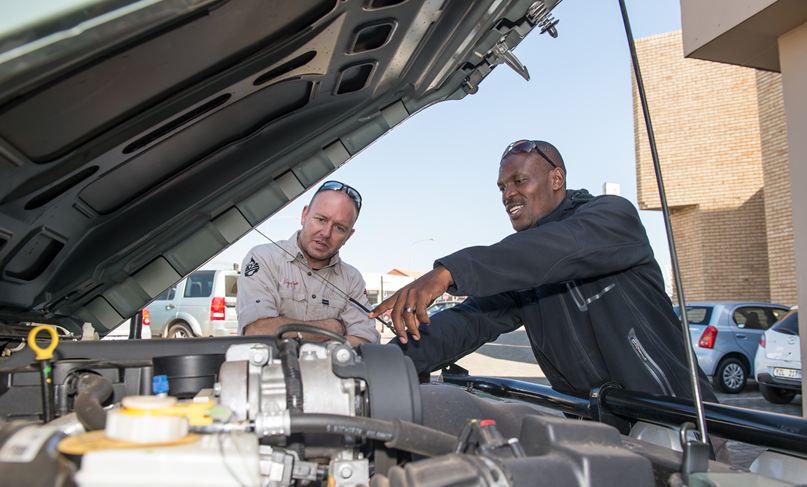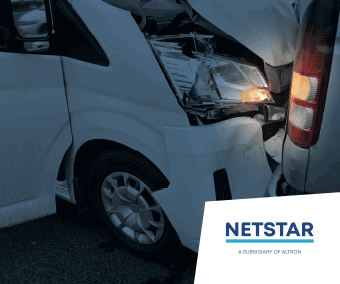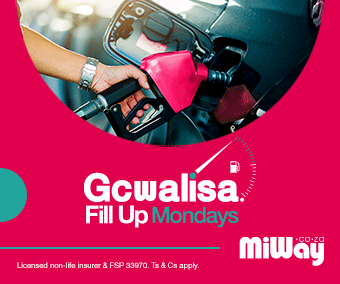Welcome to 2025! As you hit the ground running, have you stopped to think about your car’s health? It’s been through holiday road trips, rainy commutes and busy days and whether you’re chauffeuring kids to school or running a hustle, your car is your silent partner. But even partners need some TLC to keep moving.
TEPA (Tyre, Equipment, Parts Association), a proud affiliate of the Retail Motor Industry Organisation (RMI), highlights a crucial yet often overlooked fact: every vehicle on the road contributes to keeping our economy moving, whether it’s a taxi, a delivery van, or your family car. That’s why maintaining the wheels you depend on with regular checks and servicing isn’t just smart-it’s essential.
According to Vishal Premlall, National Director of TEPA, starting the year with a vehicle health check is vital, especially if your car endured a lengthy road trip over the holidays and warns that ignoring your car’s cries for help now will mean you might be calling for roadside assistance later.
“The top three issues we noticed over the festive season were underinflated tyres, worn brake pads, and cracked windscreens,” he says. “Each of these can severely compromise a vehicle’s safety, handling, and reliability, putting not only the driver but also passengers and other road users at risk.
“You no doubt returned worn out from the long trip home, so be assured your vehicle is a little worn out too. It is wise to check essential components and note when your vehicle is due for its next service.
“This should be done early in the year, so you have peace of mind your upcoming travels, short- or long-distance, will be safe every kilometre of the way.”
According to TEPA, these are the 5 essential checks to do:
1. Tyre pressure: Low pressure isn’t just a gym problem – It’s a car problem too. Underinflated tyres will hit you where it hurts: at the fuel pump and in your wallet. Keep them in check. This should always be according to the manufacturer’s specifications. If you drive with low tyre pressure, you can expect lowered fuel efficiency, compromised tyre performance, a significantly reduced lifespan and elevated risk to the driver’s safety and the safety of others on the road. When a tyre’s air pressure is low, the handling is compromised and there is an increased risk of tyre failure. On the other hand, over-inflated tyres are a danger because there is an increased risk of a blowout and skidding. Over-inflated tyres tend to wear out prematurely in the centre, which can lead to a smaller surface area of the tyre connecting with the road.
2. Tyre tread: Bald isn’t bold when it comes to your tyres. Worn-out treads aren’t just risky; they turn rainy roads into slip ‘n slide nightmares. Your tyres are the essential bond between your vehicle and the ground. The tread grips the road as you drive and if it’s not deep enough your car loses traction and suffers extended braking times. Shallow tread grooves make it harder to control the vehicle in wet weather and there’s an increased risk of aquaplaning. When driving on wet roads at high speed, a wedge of water can build up between the tyre and the road surface. The tyre loses road contact and the vehicle is no longer responsive to steering. To ensure your safety, measure the tread depth as part of your regular vehicle maintenance.
3. Lights: Imagine driving blindfolded. That’s what a broken or dim headlight feels like to oncoming traffic. Brighten up before your next night drive. Maximum visibility while driving is essential. Optimal lighting allows you to see and be seen, reducing the risk of accidents. Many drivers wait until vehicle lights stop functioning before changing them, without accounting for a light’s degradation over time.
4. Fluids: Fluids are the lifeblood of your car. Neglect them, and you might find yourself in a mechanic’s office instead of your next meeting. The most important to check are oil, brake fluid, transmission fluid, engine coolant, windshield wiper fluid and power steering fluid.
5. Windscreen: That tiny chip on your windscreen? It’s not just an eyesore – It’s a crack waiting to make a bad day worse. While windscreen repair is less expensive than replacement, if you wait too long and the damage has time to spread, repair will no longer be an option. Just because a windscreen is chipped doesn’t mean that it needs to be totally replaced. What is important is to get it repaired as soon as possible after you notice a chip or crack, to prevent further damage that might impair visibility.
“Just like many of us would by now have checked our diet and fitness routines again, to ensure we are in tip-top shape after the holiday period, the health of your vehicle needs to be checked too. You wouldn’t skip a doctor’s check-up, so why risk it with your car. A few simple checks could save you a fortune – and maybe even your life. Don’t drive into 2025 on worn-out tyres, dim headlights , and prayers. Your car deserves better – and so do you,” Premlall concludes.


























